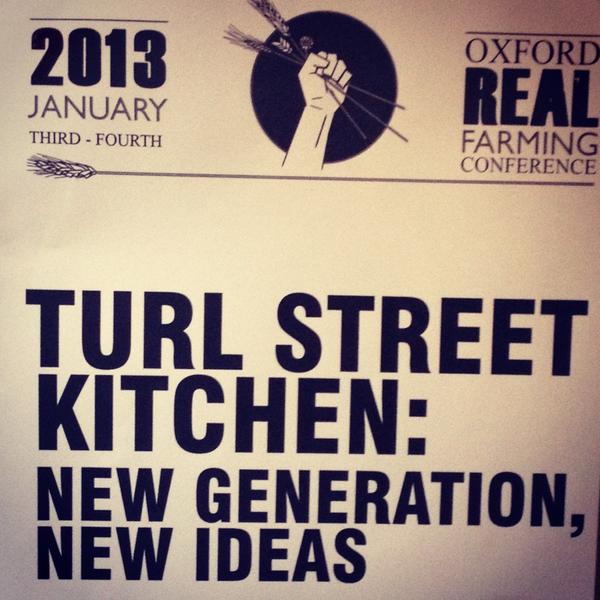Midway along his life’s path, George Monbiot found himself on a dreary moor with no track to show him the way.
Lacking a poet ghost to guide him on the necessary descent into the circles of hell, through purgatory and on to paradise, Monbiot’s new book Feral conjures an Edenic fantasy of re-forested uplands, prowled by wolves, beavers and other top predators. In his dreams, he has banished the pesky sheep and hill farmers who between them have degraded this once and future biodiverse ecosystem.
Continue reading

